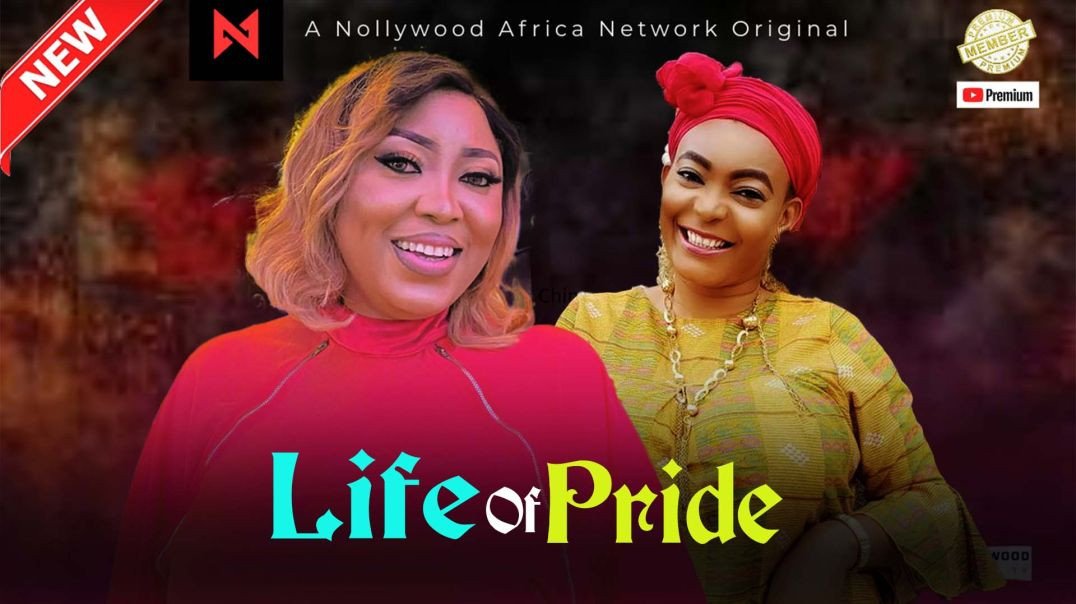In the ongoing discourse surrounding Habiba Sinare and her ex-husband, Waris, we find a poignant reflection on gender roles, personal agency, and the importance of prioritizing partnerships in marriage. Habiba’s recent comments reveal not only her personal journey but also set a commendable standard for women everywhere, advocating for respect and equality within relationships.
Standing Her Ground
Habiba’s assertion that a husband should not prioritize his family over his wife is a powerful reminder of the values that should underpin a marriage. Her experience challenges the conventional narrative that often places familial obligations above the spousal bond. By voicing her thoughts, Habiba highlights a critical issue: a healthy relationship must prioritize mutual respect and support. This perspective is essential, especially in societies where traditional gender roles can limit women’s autonomy.
Redefining Gender Roles
Critics of Habiba, particularly those who perpetuate the notion that women should be confined to domestic roles, often overlook the rich contributions of women in communities like Dagbon. Contrary to outdated stereotypes, many Dagbani women are thriving professionals, leaders, and changemakers. Figures such as Dr. Amina Mama and Hajia Abibata Shanni Mahama Zakariah exemplify the potential of women when they are empowered to pursue their ambitions. Their successes affirm that when women are given the freedom to work, they not only uplift themselves but also contribute significantly to society.
A Call for Understanding and Support
While Habiba’s perspective is valuable, it’s crucial to recognize the diversity of experiences among Dagbon women. Not all share the same views or challenges, and acknowledging this diversity enriches the dialogue. However, Habiba’s willingness to share her experience serves as a beacon for those navigating similar situations, reminding them of the importance of self-respect and setting personal standards.
Cultural Context and Empowerment
The discussions surrounding Habiba also touch on broader cultural contexts. In many cultures, including Yoruba, the emphasis on prioritizing one’s spouse is paramount. As illustrated in personal anecdotes, supportive familial relationships can thrive when partners recognize each other’s roles and contributions. It’s this understanding that fosters growth and stability within families.
Celebrating Akeju
In this discourse, I want to take a moment to acknowledge Akeju, who embodies the values of respect and support that should characterize every relationship. His recognition of Habiba’s worth aligns with a broader commitment to uplifting women, a vital aspect of creating an equitable society.
### Conclusion
Habiba Sinare’s journey is a powerful testament to the importance of self-respect and the need for equitable relationships. As we reflect on her experiences, let us champion the empowerment of women and strive for a society that values diverse voices and perspectives. By doing so, we not only honor Habiba’s stand but also pave the way for future generations to thrive in relationships rooted in mutual respect and support.








